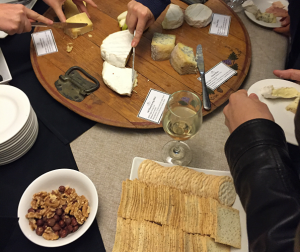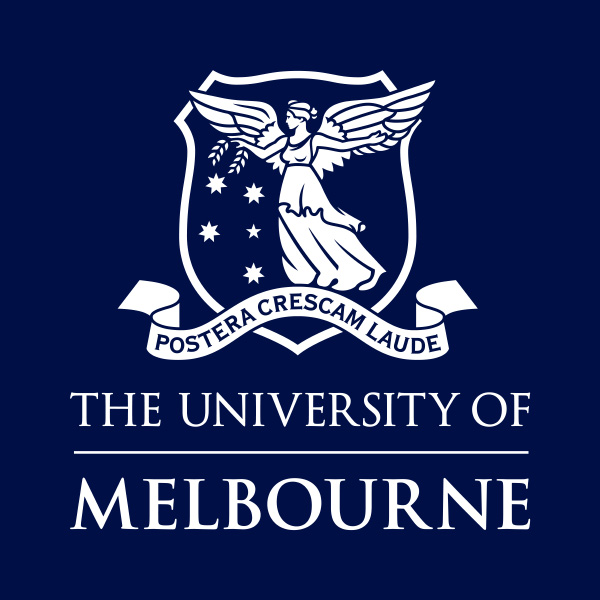-
23 Jun 2025 - 4 Jul 2025
8:00 am - 4:00 pm
Organisers:
David Gunawan (University of Wollongong)
Ajay Jasra (The Chinese University of Hong Kong)
Leah South (Queensland University of Technology)
Matthew T. Moores (University of Wollongong)
Sumeetpal S. Singh (University of Wollongong)
Program Description:
One of the outstanding successes in Machine Learning over the last five years is the advancement in modelling of complex physical processes. Perhaps the best-known examples of this success are computer-generated human conversations, or photo-realistic images. Another important recent advancement is in modelling operators between function spaces. A good operator model can greatly expedite the execution of models based on partial-differential equations, which could have profound implications for their numerous real-world applications, for example, more up-to-date weather forecasting. At the heart of all these disparate physical process models are neural network architectures, which have many thousands of parameters to be learnt. In fact, some neural network modelling efficacy studies assume they have infinitely many parameters, as larger networks have better modelling flexibility. Bayesian learning of model parameters, a popular methodology in Statistics, is the gold standard as it finds the best parameter values with full quantification of their uncertainty. Unfortunately, Bayesian learning is presently infeasible for these modern physical process models, as the learning problem is extremely high-dimensional, way beyond applications in Statistics where Bayesian computational methods have been so successful. As such, non-Bayesian approaches have proliferated in Machine Learning. This program will convene experts in Machine Learning generative modelling, and from the Applied Mathematics and Statistics communities, experts in high-dimensional Bayesian methodology, to find novel Bayesian solutions to learning these complex physical process models. A major potential outcome of this program is improved uncertainty quantification for both the forecasts and the outcomes of interventions derived from these models. This will reduce the potential for adverse real-life consequences.
Program Structure:
TBD
Registration:
- Deadline: TBD
- Registration is by invitation only. If you are interested to participate in this program, please contact one of the organisers with your CV and research background.
- Arrival date: 22 June 2025
ASSOCIATED EVENTS
MATRIX Wine and Cheese Afternoon 24 June 2025
On the first Tuesday of each program, MATRIX provides a pre-dinner wine and cheese afternoon. Produce is locally-sourced to showcase delicacies from the region.






